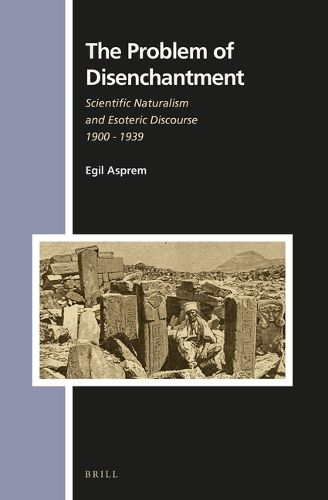Readings Newsletter
Become a Readings Member to make your shopping experience even easier.
Sign in or sign up for free!
You’re not far away from qualifying for FREE standard shipping within Australia
You’ve qualified for FREE standard shipping within Australia
The cart is loading…






The Problem of Disenchantment offers a comprehensive and interdisciplinary approach to the intellectual history of science, religion, and the occult in the early 20th century. By developing a new approach to Max Weber’s famous idea of a disenchantment of the world , and drawing on an impressively diverse set of sources, Egil Asprem opens up a broad field of inquiry that connects the histories of science, religion, philosophy, and Western esotericism.
Parapsychology, occultism, and the modern natural sciences are usually viewed as distinct cultural phenomena with highly variable intellectual credentials. In spite of this view, Asprem demonstrates that all three have met with similar intellectual problems related to the intelligibility of nature, the relation of facts to values, and the dynamic of immanence and transcendence, and solved them in comparable terms.
$9.00 standard shipping within Australia
FREE standard shipping within Australia for orders over $100.00
Express & International shipping calculated at checkout
The Problem of Disenchantment offers a comprehensive and interdisciplinary approach to the intellectual history of science, religion, and the occult in the early 20th century. By developing a new approach to Max Weber’s famous idea of a disenchantment of the world , and drawing on an impressively diverse set of sources, Egil Asprem opens up a broad field of inquiry that connects the histories of science, religion, philosophy, and Western esotericism.
Parapsychology, occultism, and the modern natural sciences are usually viewed as distinct cultural phenomena with highly variable intellectual credentials. In spite of this view, Asprem demonstrates that all three have met with similar intellectual problems related to the intelligibility of nature, the relation of facts to values, and the dynamic of immanence and transcendence, and solved them in comparable terms.